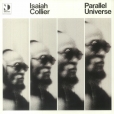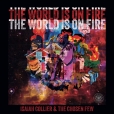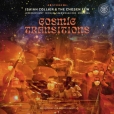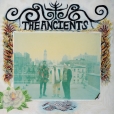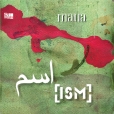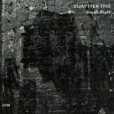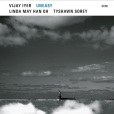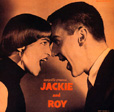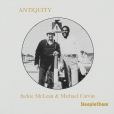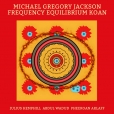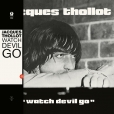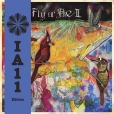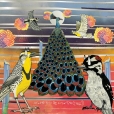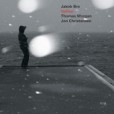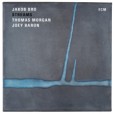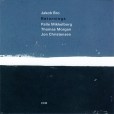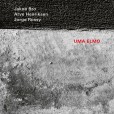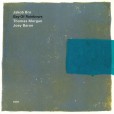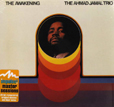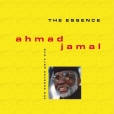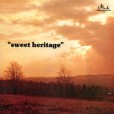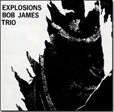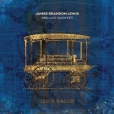Your basket is empty

From 1972, taking time out from the Nina Simone band to cut this funky Black-Jazz-style set for his own label, with Horace Silver’s ‘personal seal of approval’. Includes Mr. Clean and Sister Sanctified.
‘Documenting a 2023 West Coast tour, this double LP goes deep. On 2023-05-12 Set II, the rhythm section gives Collier plenty of space to develop long, soulful saxophone lines that are full of invention and dynamic variation, culminating in a climax of squawking multi phonics, woody bass runs and multi-directional drumming. Best of all is a riveting set dedicated to Don Cherry, where Collier vocalises freely through a megaphone, setting off its alarm at key points’ (The Wire).
Brilliant piano-trio jazz; warmly recommended.
‘Break Stuff’: what happens after formal considerations… a time for action… breakdowns, breakbeats, break dancing…
Hood is a humbly bamboozled tribute to Robert Hood. Work is for Iyer’s beloved Thelonious Monk. Countdown sets Trane to a West African rhythm. Mystery Woman is driven by the compound pulses of South Indian drumming. There’s a desolate, barely-there solo version of Billy Strayhorn’s Blood Count…
With Tyshawn Sorey and Linda May Han Oh, exploring Iyer originals, Geri Allen’s Drummer’s Song and Cole Porter’s Night and Day.
‘Heartbreaking clarity and economy of expression… to the accompaniment of pianist Iyer’s wistful melodic fragments and pregnant clusters. Smith can project a tender fragility through a single lingering note, reminiscent of Miles at his most thoughtful and noirish circa Ascenseur Pour L’Echafaud’ (The Wire).
A scorcher.
Rawly emotional, politically charged drums-saxophone duets, with a rough-and-ready, carnivalesque, spirited energy. McLean is in full flight.
The closer Deicomahleeah has been reissued by both Floating Points and Jazzman, in the last few years.
Carvin is the percussionist on Expansions; the drummer on Pharoah’s Elevation and Doug Carn’s Infant Eyes.
Reduced LP price, briefly.
Quintessential NYC loft action from 1977, with such a killer line-up: Julius Hemphill, Abdul Wadud, and Pheeroan aKLaff.
‘For those of us into the obscure, lively corners of free music, it’s an essential gem,’ says Foxy Digitalis.
“These guys are all heroes of mine. I’ve learned so much (still learning) from all of them. To hear them all together like this is a real gift. What a combo! I can’t believe this happened more than forty years ago. It sounds like the future. I’m so thankful the tape was running to document this extraordinary moment” (Bill Frisell).
‘Four years after a first album on the Futura label in 1971, Jacques Thollot returned, this time on the Palm label of Jef Gilson, still with just as much surrealist poetry in his jazz. In thirty-five minutes, the French composer and drummer, who had been on the scene since he was thirteen — recording Gilson LPs when he was just sixteen — established himself as a link between Arnold Schoenberg and Don Cherry. Resistant to any imposed framework and always excessive, Thollot allows himself to do anything and everything: suspended time of an extraordinary delicacy, a stealthy explosion of the brass section, hallucinatory improvisation of the synthesisers, tight writing, teetering on the classical, and in the middle of all that, a hit, the title-track — which Madlib would one day end up hearing and sampling.
‘In a career lasting half a century, centred on freedom, Jacques Thollot played with a roll-call of key experimental musicians (Don Cherry, Sonny Sharrock, Michel Roques, Barney Wilen, Steve Lacy, François Tusques, Michel Portal, Jac Berrocal, Noël Akchoté...) who all heard in him a pulsation coming from another world.’
‘‘There is no hurry to this music, but there is great depth,’ according to London Jazz News Among the highlights here is opener Reconstructing A Dream, a darkly lyrical reverie. To Stanko is Bro’s hushed tribute to the late, great Polish trumpeter Tomasz Stanko, who featured the guitarist in his ECM album Dark Eyes. Another homage to a late elder is Music For Black Pigeons, given its evocative title by Lee Konitz. Listeners will recognize Henriksen’s whispering, poetic sound from his 2008 ECM album Cartography, as well as his collaborations with Trio Mediaeval and Tigran Hamasyan. Rossy is celebrated for his decade-plus tenure in Brad Mehldau’s first trio. As for the leader, in the words of DownBeat, ‘Bro’s guitar is luminous… his music both hypnotic and dramatic.’‘
Recorded live in Paris in 1994 and New York City in 1995. The band includes Idris Muhammad, Manolo Badrena, and George Coleman. Beautifully constructed, grooving, percussive versions of a tasty mixture of standards and originals.
The pianist James Edward Manuel’s only release is one of the deepest custom-press jazz recordings of them all.
Jaman studied under greats like Earl Bostic and Horace Parlan. Gigging on the Buffalo club scene, one of his early trios included the renowned bassist John Heard and drummer Clarence Becton, till both were poached one night by a visiting Jon Hendricks. Other sidemen include Sun Ra Arkestra bassist Juini Booth and Ahmad Jamal regular Sabu Adeyola (also of Kamal & The Brothers).
Pressed in tiny quantities by the Mark Records custom service in 1974, and issued with a stock landscape cover, Sweet Heritage presents a soulful mixture of covers and originals. In particular the flying, spiritual sound of Free Will and the upful, Latin-tinged In The Fall Of The Year — both Jaman compositions — have turned the LP into a legendary collector’s classic.

